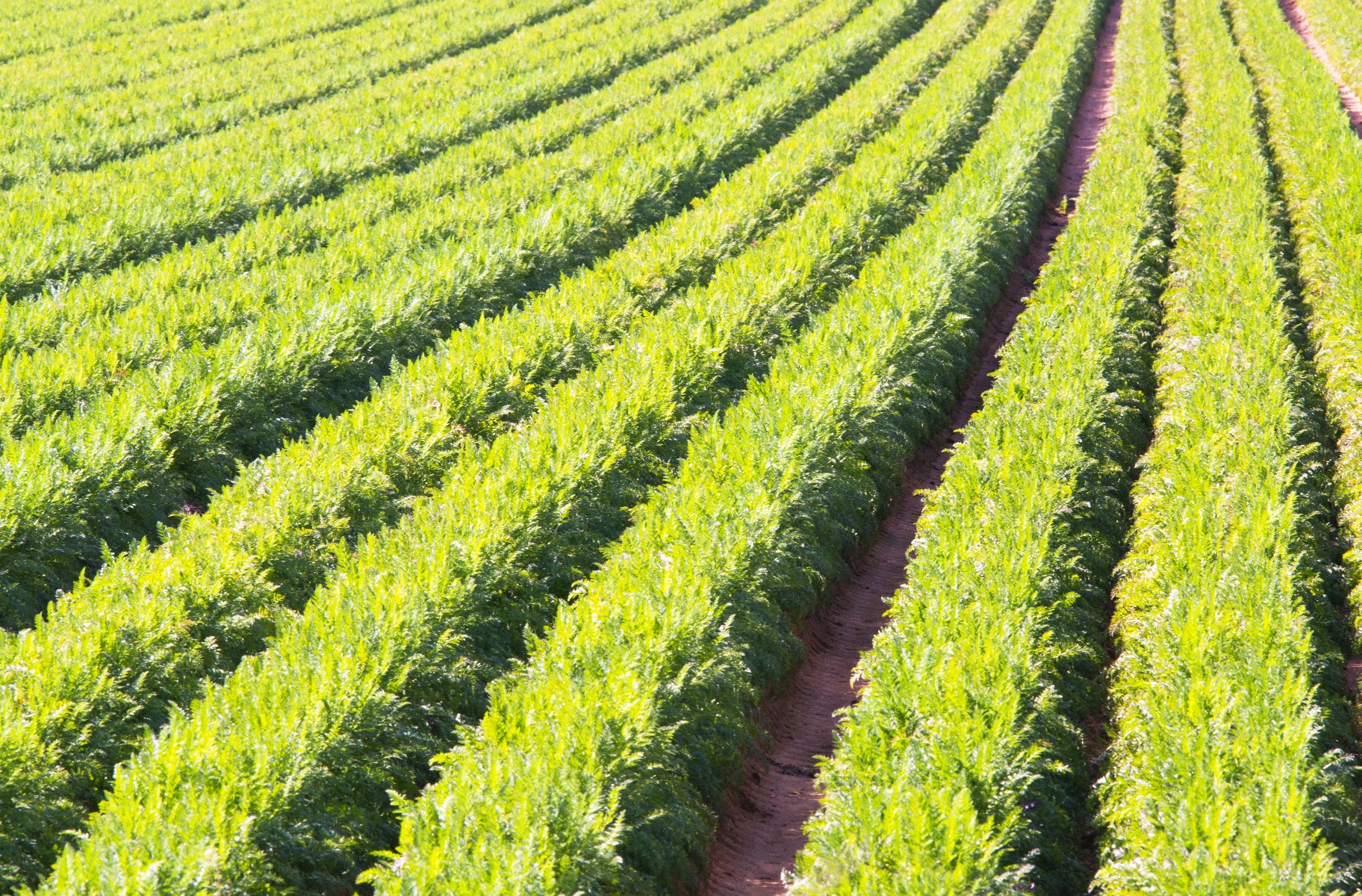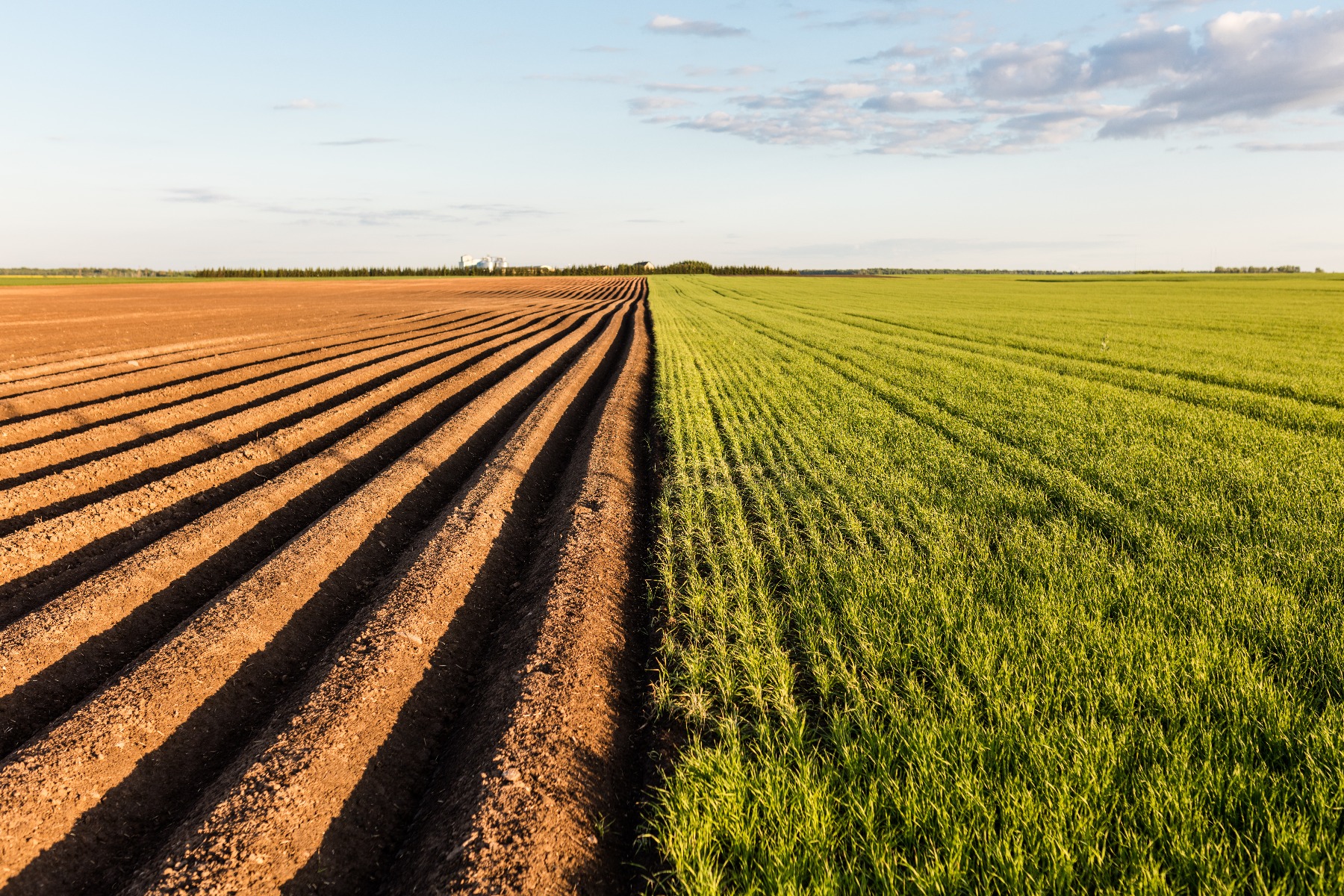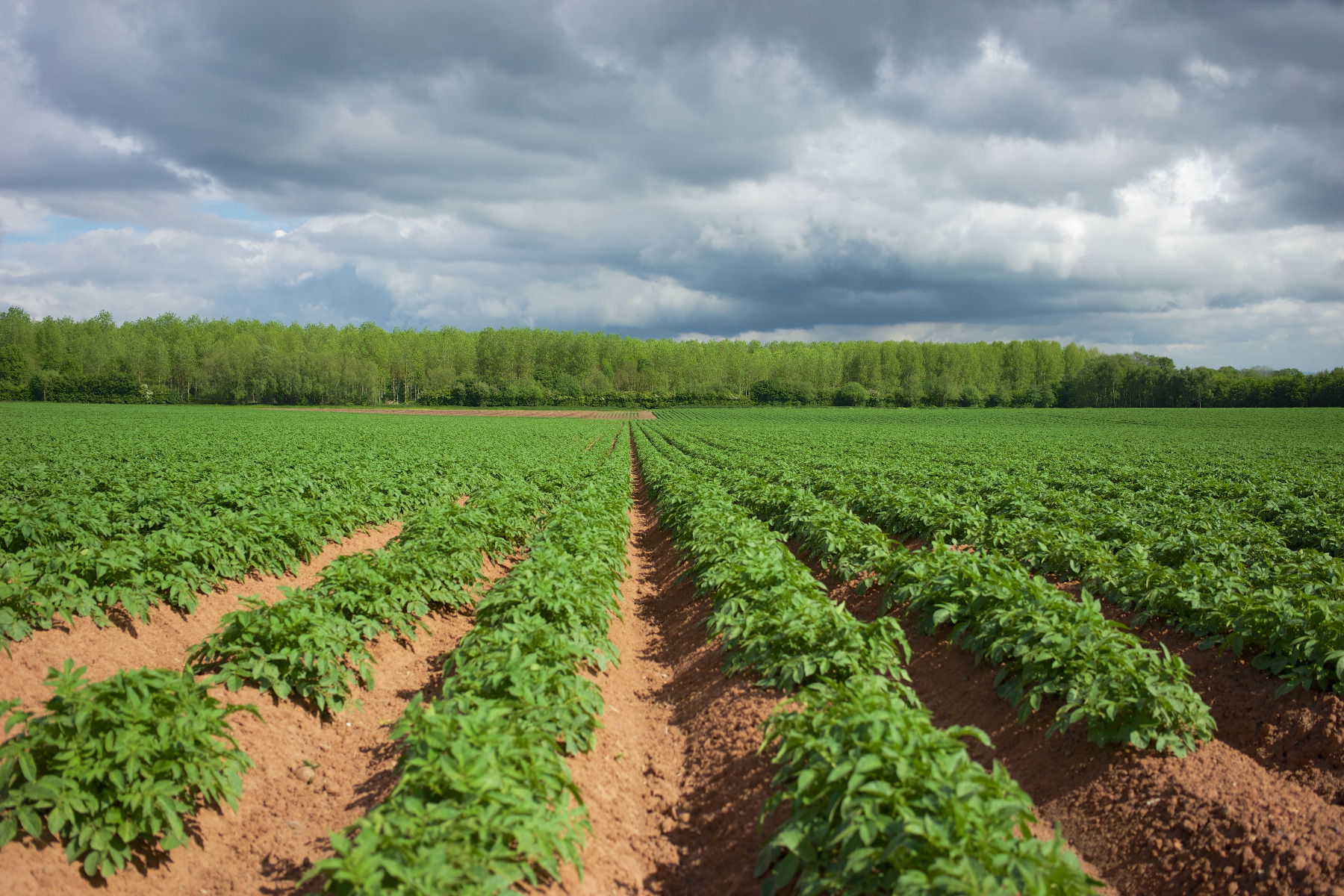
Visit our other sites
-
Fapas - Proficiency Testing
Globally recognised provider of proficiency tests, running over 400 tests annually across an extensive range of matrices and analytes
-
Great Crested Newts Testing
A single sample taken by an ecologist at any time during the newt breeding season can determine their presence or absence, saving you time and money

Submitting your sample from within the UK
Please send your Crop Health samples to the following address:
Plant/Soil Sample Reception - 04G06
Fera Science Ltd. (Fera)
York Biotech Campus
Sand Hutton
York
YO41 1LZ
United Kingdom
Manual Ordering of Plant Clinic Testing
When submitting your sample please follow the guidelines outlined below.
Bespoke tests are available on request, please contact us on +44 (0)300 100 0322 or via the Crop health team: crophealth@fera.co.uk
A 'sample' is defined as a unique unit sent in for examination of the same problem. A unit can be a single item (plant, plant part, soil, etc.), or multiple items of the same variety, taken from the same location and exhibiting the same problem. In the case of plants or produce, a sample should comprise 2 or 3 items showing a range of symptoms along with a couple of healthy looking items for comparison. Entirely dead material should not be submitted for testing.
The relevant signed sample submission form must be included (in a separate bag if sample is damp); failure to send a sample submission form may result in a delay of your sample being tested and make diagnosis more difficult. To help us process your samples in the most efficient way please fill in as much information as possible on the relevant form below. Please ensure you provide your email address, 'Your Ref', 'Purchase order no' and 'Name and Address for Invoice' in the sections where applicable.
Download the general sample submission form here
Sending samples for plant pest and disease testing from outside England and Wales
When sending plant pathogens and invertebrates from outside England and Wales, for testing please include the relevant Fera Letter of Authority (as issued by Fera Science Ltd) to ensure your samples are not delayed upon entry into Customs. This covers material to be sent for diagnosis of plant pests and pathogens.
Fera hold plant health Scientific Authorisations which (for the purposes above) allow us to:
- Import, move and keep prohibited plant pathogens.
- Import, move and keep prohibited invertebrates.
As the customer, you are responsible for paying any customs duties or excise duties that may be raised by UK Customs when sending samples to Fera for testing. If this charge is passed to Fera on your behalf, we reserve the right to charge this cost back to you and this may be invoiced separately from your testing charges. We therefore recommend that, where possible, packages should be marked with zero or a nominal monetary value (i.e., £1, $1 or 1 Euro) and samples be labelled 'No commercial value - to be destroyed after scientific testing'.
For a copy of the Plant or Invertebrates Scientific Authorisation/Letter of Authority (LOA), or a new LoA reference number (if you have an existing LoA with a valid date) please contact us on +44 (0)300 100 0322 or email plantclinic@fera.co.uk






General import conditions on ALL licensed material
- All samples must be safely packaged in at least three layers of containment (one of which must be unbreakable) to prevent accidental release. Ridged plastic containers are recommended rather than other types of packaging (e.g., glass) as material can be easily damaged.
- Any material obtained under the terms of the Scientific Authorisation must be sent directly to Fera's Plant Clinic (Plant Health quarantine containment facilities) at York and not via any other institute.
- The relevant current Letter of Authority (LoA), in conjunction with the 'authenticated list of materials' must accompany all packages. A new LoA reference number must be obtained from the Fera Plant Clinic for each sample sending so please contact us in advance every time you wish to send a sample. The LoA’s and Reference numbers are available from plantclinic@fera.co.uk
- The LoA and accompanying documents must be placed on the outside of the package, it is also advisable to include a copy within with the package in case these become detached in transit.
- To ensure that packages pass courier clearance procedures, an invoice must be included, with ‘zero’ or nominal monetary value (i.e., £1, $1 or 1 Euro) and the samples should be labelled 'No commercial value - to be destroyed after scientific testing'. As the customer, you are responsible for paying any customs duties or excise duties that may be raised by UK Customs or the courier company when sending samples to Fera for testing.
- The accompanying documents must state what the contents of the consignments are.
- Any material not meeting these requirements will either be re-exported or destroyed by the PHSI upon arrival in England and Wales.
- Further information be found here.
Completing the Letter of Authority
You will need to complete boxes 1, 5, 9, 11 and 12, of the Letter of Authority, (this is an official Plant Health Document and must be completed, failure to do so may result in the package being stopped at the UK Border and held for an unspecified period of time).
More information can be found here.

Preparing your sample
- To help us offer the best possible service we need the best possible sample. Try to send a sample that is representative of the problem - we need to see the full range of symptoms.
- For diseases, try to include the boundary between healthy and diseased tissue and where possible, include healthy material for comparison marked as such.
- If symptoms on leaves or shoots show general discoloration or dieback, suggesting possible root damage, then please send us a whole plant (where possible) and include the roots and surrounding soil.
- If you suspect the problem is due to nematodes, please include separate soil samples from both the unaffected area and the edge of the affected area.
Whole plants
Enclose moist root ball in a plastic bag sealed around the plant stem. Place the whole plant in a second plastic bag, inflate slightly and seal.
Leaves and shoots
Virus diagnosis: Place in a plastic bag, inflate slightly and seal.
Other/unknown diagnosis: Wrap sample in slightly moist absorbent paper, place in a plastic bag, inflate slightly and seal
Fleshy items
For example: fruit, vegetables,
tubers (except potatoes), bulbs, corms, etc. Wrap in dry, absorbent
paper, if rotting/breaking down please wrap individually. Place in a
plastic bag, inflate slightly and seal.
Invertebrate pests
Samples of invertebrate pests (insects, spiders, mites etc.) should be put in a sealed shatter proof container.
Potato tubers
Invertebrate diagnosis: Wrap in dry, absorbent paper. Place in a plastic bag, inflate slightly and seal.
Other/unkown diagnosis: Wrap in dry, absorbent paper. Do not place in a plastic bag.
Soil samples
Soil samples:
All samples should be put in a strong envelope or cardboard box with your submission form and packed securely.
Ideally, samples should be dispatched by either express courier service or first-class post to arrive at Fera next day. Try to avoid sending samples over the weekend or a bank holiday. All samples should be put in a strong cardboard box and packed securely with screwed up paper.


